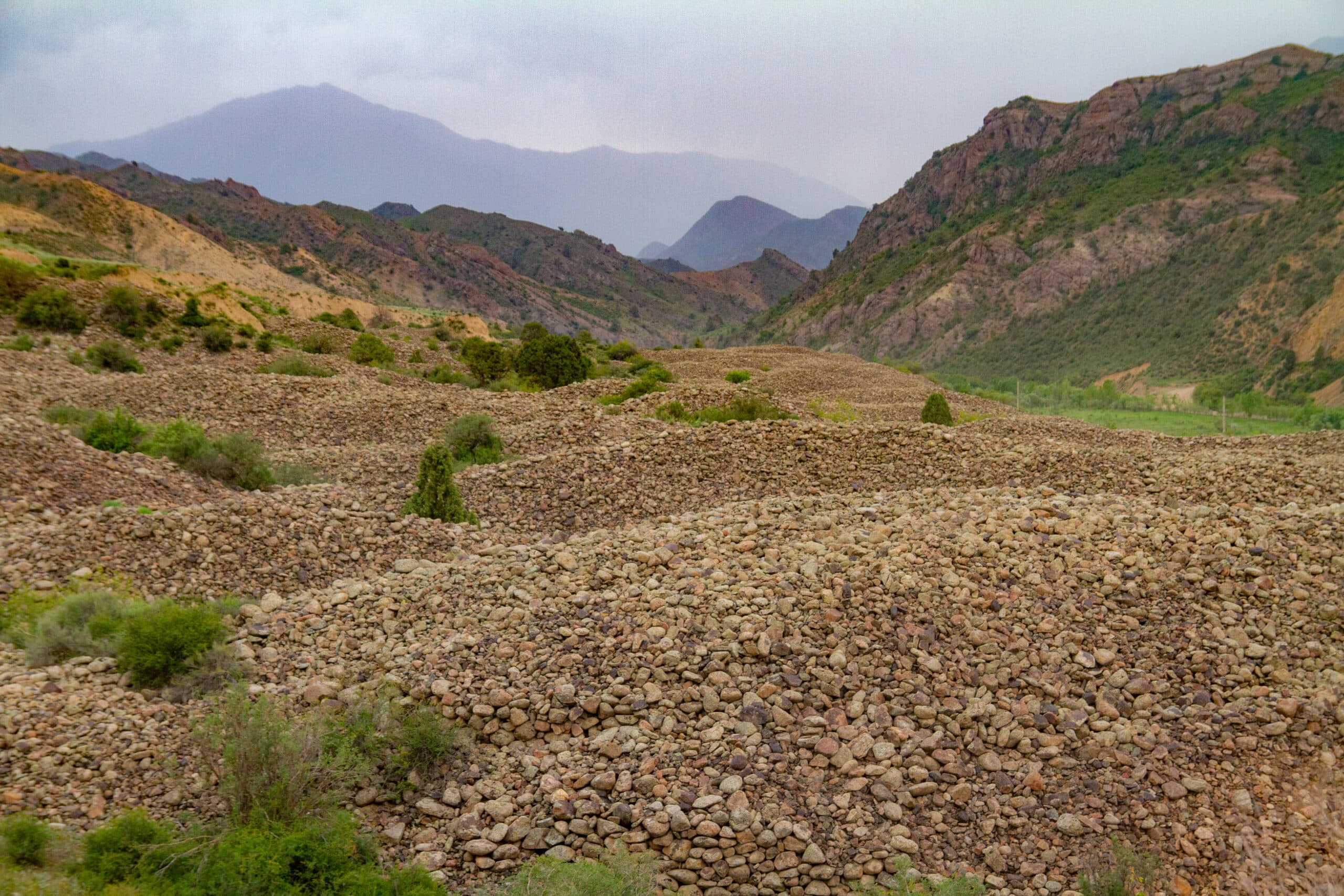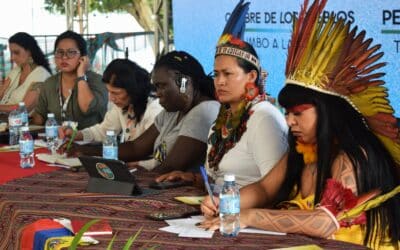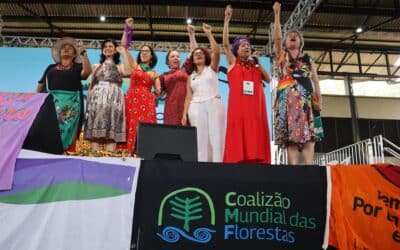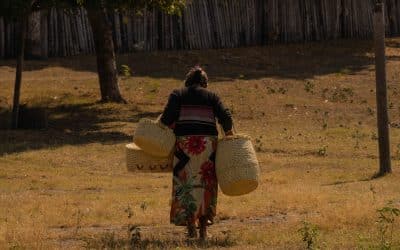By Valentina Figuera Martínez, GFC Gender Justice and Forests Campaign Coordinator | Aug 4, 2022
Gender engagement is crucial for preserving Key Biodiversity Areas (KBAs) in Central Asia. This was one of the conclusions of Elena Kreuzberg, a conservation biologist, CEO of Holarctic Bridges and project manager for the Critical Ecosystem Partnership Fund (CEPF), during the Regional Gender Skillshare for Central Asia and Eastern Europe, an online event held on August, 3, with partners of the Global Forest Coalition (GFC) and local communities in the region.
Organized by Nazeli Vardanyan, lawyer and head of the NGO Armenian Forests, and members of GFC’s Gender Justice and Forests Campaign, the skillshare was aimed at providing a regional platform for sharing knowledge and experiences on applying gender aspects to local contexts, engaging in dialogue and developing joint analysis of local cases between local partners, GFC member groups and interested communities.
Kreuzberg highlighted the gender aspects of CEPF Project 112419, a two-year-old conservation initiative to preserve Key Biodiversity Areas (KBAs) without protection status in Kazakhstan, Kyrgyzstan, and Tajikistan. Beneficiaries of the CEPF Project—which is aimed at capacity building for partner organizations, ensuring gender equality, and addressing drivers of forest loss—include local communities and KBAs.
“The country’s strategies on gender issues and KBAs include providing gender-related training for all teams involved in the project implementation, identifying tasks for national gender specialists, coordinating work between the GFC and country experts, preparing materials on gender issues for public awareness in biodiversity areas, and finding ways to get additional resources to continue working on gender issues and biodiversity, forest conservation, and sustainable management,” Kreuzberg explained.
Juana Vera Delgado, GFC’s senior gender and environmental justice dvisor, discussed the importance of tackling the root causes of gender inequality, including fighting for a fair distribution of economic resources and against colonial practices in forest conservation. Racism, homophobia, transphobia, ethnocentrism, and classism were also mentioned as part of the structural forces driving discrimination and privileges in forest conservation.
“Gender justice refers to a socio-legal approach that seeks to eliminate all forms of gender inequality and recognizes unfair realities in terms of access to resource distribution, decision making, representation, and multicultural identity recognition (intersectionality),” Delgado said.
Kuralay Karakulova, Director of Socio-Ecological Fund in Kazakhstan, one of the participants, highlighted that gender aspects vary according to region, but that skillshares are crucial for reversing gender inequalities in the region.
“It would be very useful if we could share successful experiences in other regions on how organizations and GFC members integrate gender aspects in their local contexts. It’s also important to share gender information, small digests, reports, and articles with specific case studies on including the gender intersection in forest conservation,” she said.
This gender skillshare was the second in a series of online events organized by the GFC’s Gender Justice and Forests Campaign with local partners and community groups in Central Asia and Eastern Europe.




